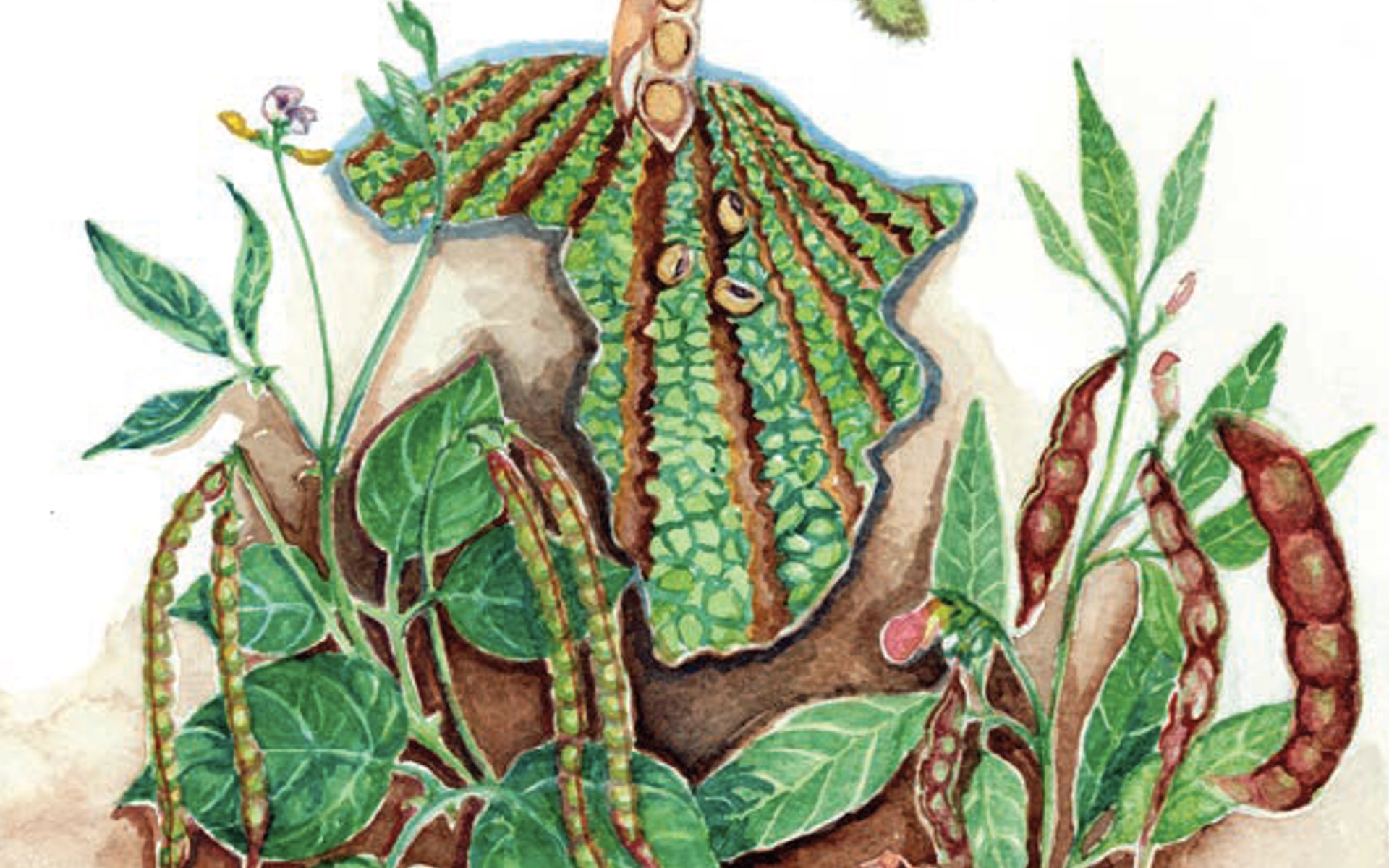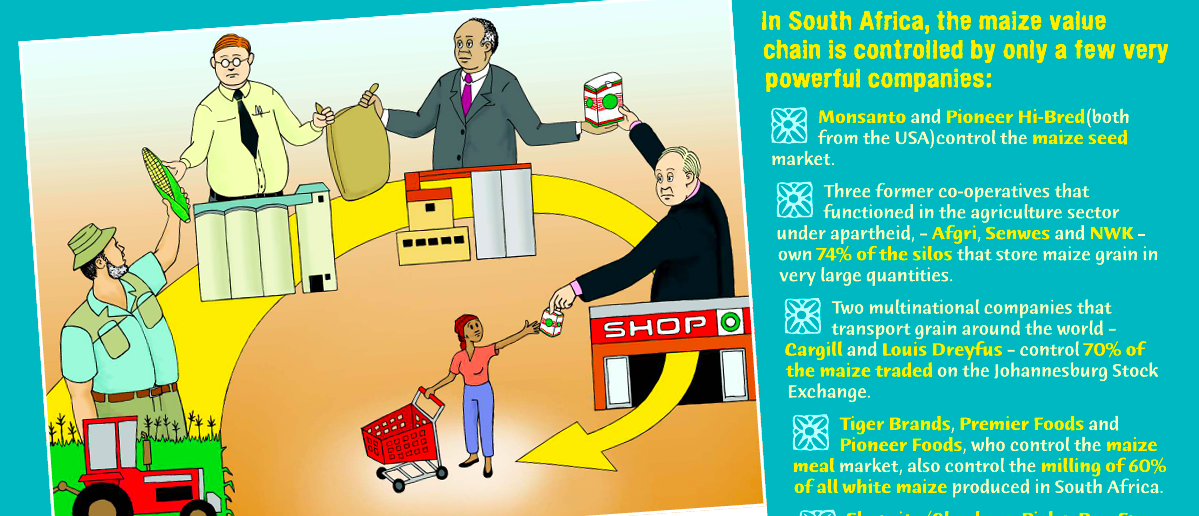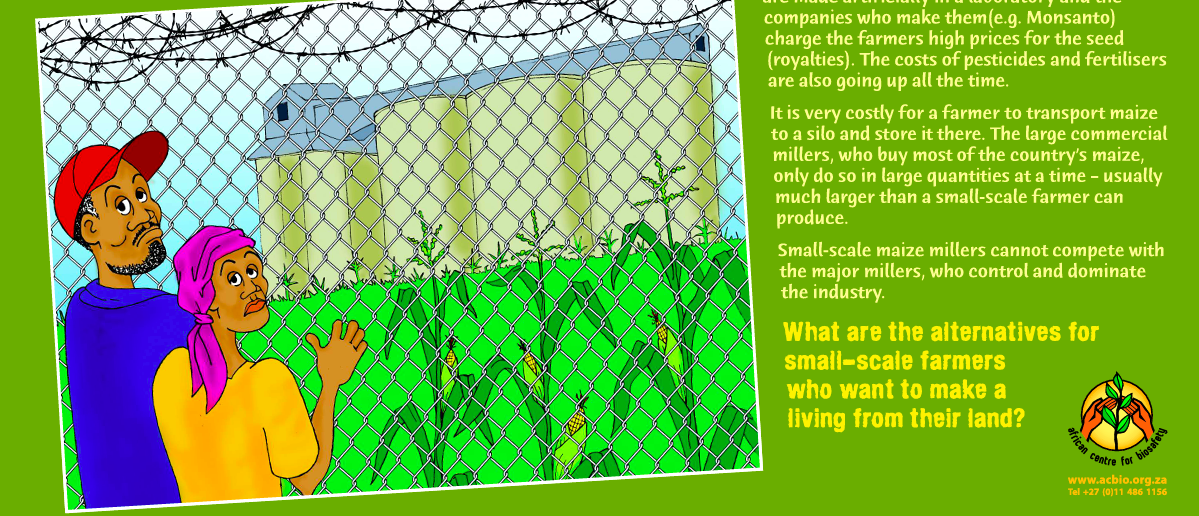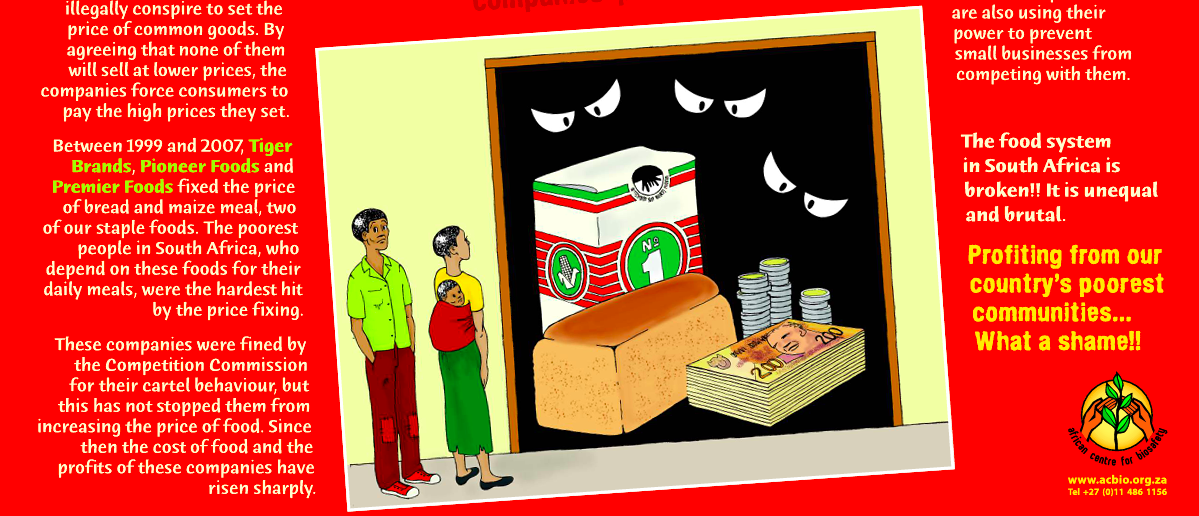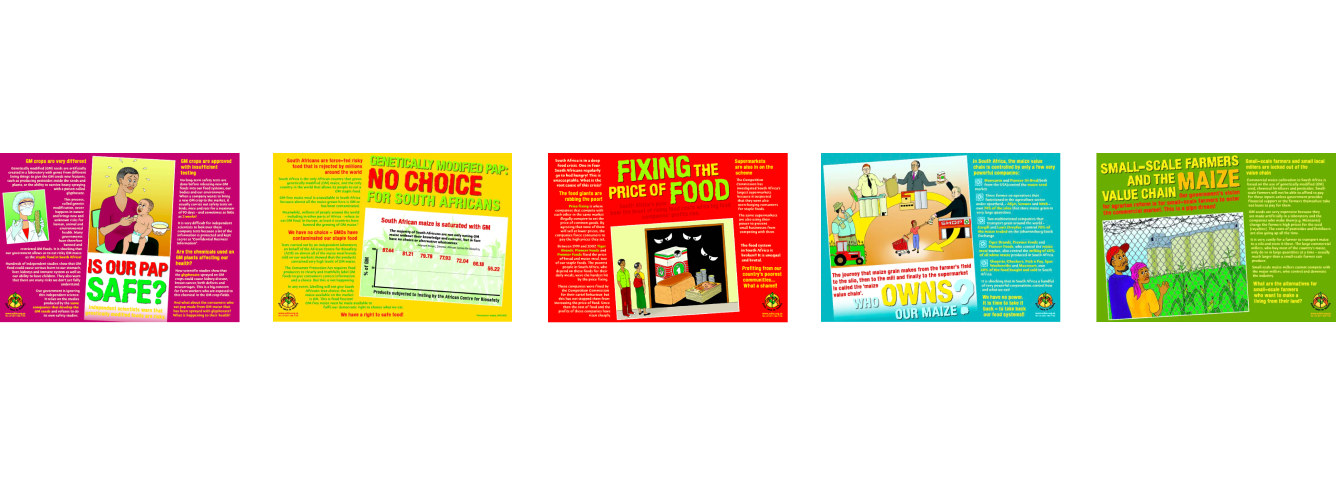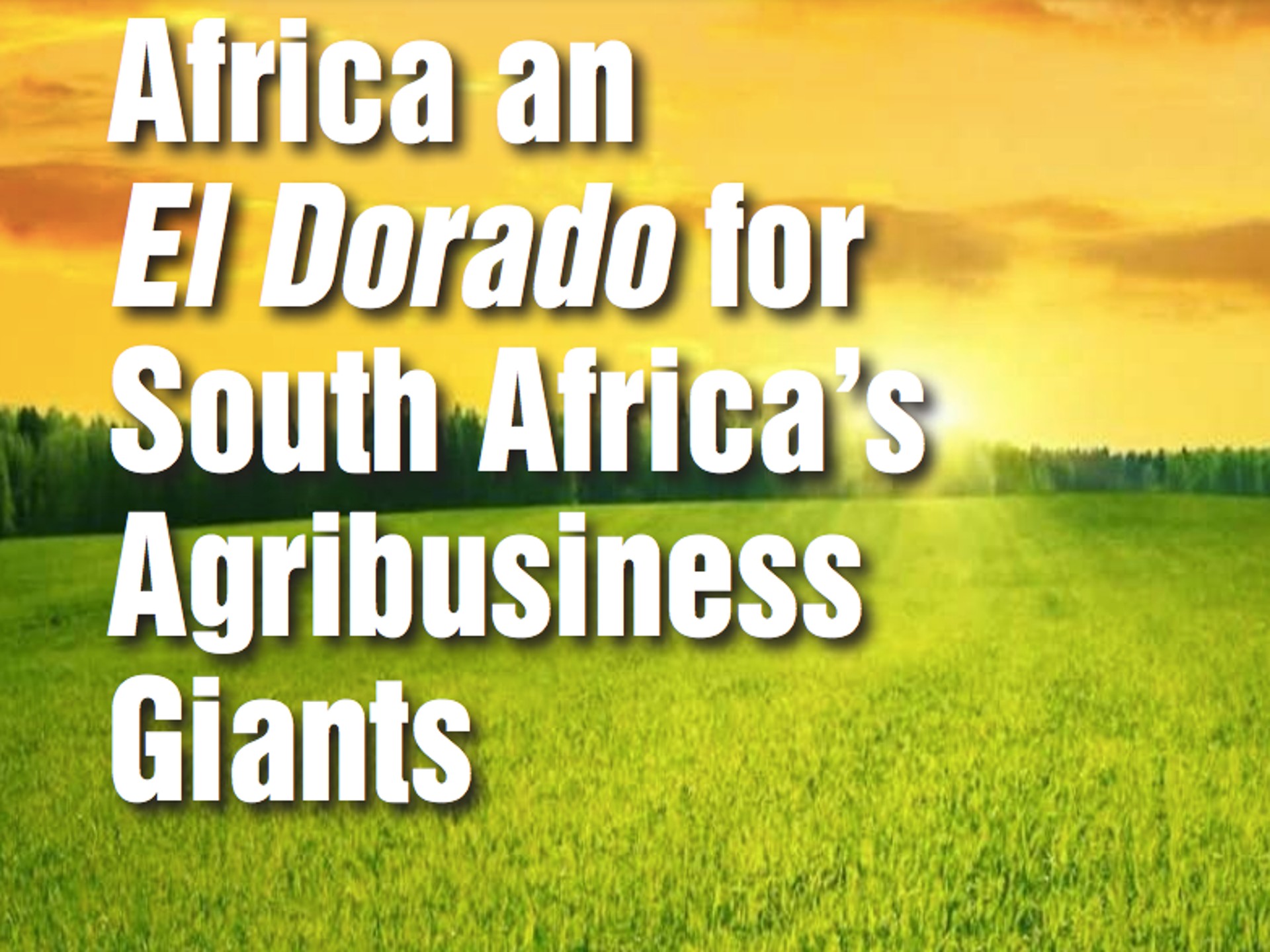Latest Agribusiness Resources
29 August 2016
N2 Africa, the Gates Foundation and Legume commercialisation in Africa
This report considers the N2Africa programme, which aims to develop and distribute improved, certified legume varieties (soya, common bean, groundnut and cow pea); promote and distribute inoculants and synthetic fertiliser; and develop commercial legume markets for smallholder integration in 13 countries in sub-Saharan Africa: Tanzania, Uganda, Ethiopia, Nigeria, Ghana (core countries); Kenya, Rwanda, Democratic Republic […]
READ9 March 2015
White men meet in London to plot ways of profiting off Africa’s seed systems
A meeting is to be held in London on 23 March by predominantly white men, with a sprinkling of Africans, some of whom represent private seed companies, to discuss how to make a killing off Africa’s seed systems. Farmers and civil society organisations have not been invited to the meeting, which will be attended only […]
READ3 December 2014
Who owns our food systems: Who owns our maize?
It is shocking that in South Africa a handful of very powerful cooperations control how and what we eat! Download this factsheet: English | Afrikaans | Sotho | Zulu To read the rest of the fact sheets in this series, click here.
READ3 December 2014
Who owns our food systems: Small-scale farmers and the maize value chain
Small-scale maize millers cannot compete with the major millers who control and dominate the industry. What are the alternatives for small-scale farmers who want to make a living from their land? Download this factsheet: English | Afrikaans | Sotho | Zulu To read the rest of the fact sheets in this series, click here.
READ3 December 2014
Who owns our food systems: Fixing the price of food
Between 1999 and 2007, Tiger Brands, Pioneer Foods and Premier Foods fixed the price of bread and maize meal, two of our staple foods. The poorest people in South Africa, who depend on these foods for their daily meals, were the hardest hit by the price fixing. Download this factsheet: English | Afrikaans | Sotho […]
READ3 December 2014
Who owns our food systems: Is our pap safe?
Many governments have banned and restricted GM foods. It is shocking that our government allows us to eat risky GM maize as the staple food in South Africa! Download this factsheet: English | Afrikaans | Sotho | Zulu To read the rest of the fact sheets in this series, click here.
READ3 December 2014
Who owns our food systems factsheet series
Download our Who owns our food systems factsheet series in English, Afrikaans, Sotho, and Zulu.
READ25 November 2014
Who owns our food system?
It is a matter of urgency that we break up these cartels that have South African consumers, especially the poorest of the poor, in a vice grip through control of our two staple foods ? maize and bread. South Africans eat about 28 billion loaves of bread and, on average, about 100kg of maize and […]
READ8 October 2014
Acquisition of Africa’s SeedCo by Monsanto, Groupe Limagrain: Neo-colonial occupation of Africa’s seed systems
The Alliance for Food Sovereignty in Africa (AFSA) is deeply concerned about the recent acquisitions by multi-national seed companies of large parts of SeedCo, one of Africa’s largest home-grown seed companies. Attracting foreign investment from the world?s largest seed companies, most of who got to their current dominant positions by devouring national seed companies and […]
READ6 October 2014
Resources transferred from small-scale farmers to multinational agribusinesses in Malawi’s Green Revolution
The African Centre for Biosafety (ACB) has today released its research report based on field work conducted in Malawi, titled “Running to stand still: Small-scale farmers and the Green Revolution in Malawi.” The research, conducted by the ACB in collaboration with the National Smallholder Farmers’ Association of Malawi (NASFAM), Kusamala Institute of Agriculture and Ecology […]
READ2 September 2014
Africa an El Dorado for South Africa’s Agribusiness Giants
South African agribusinesses are aggressively expanding into Africa in search of profits from a relatively untapped consumer market with rising income levels and to escape the country’s negative economic conditions. This paper traces this expansion and outlines the implications for Africa’s market structure, food security and food sovereignty movements, as well as exploring the potential […]
READ18 November 2013
Giving With One Hand and Taking With Two: A Critique of AGRA’s African Agriculture Status Report 2013
The African Centre for Biosafety (ACB) has released a comprehensive critique of a report published by the African Alliance for a Green Revolution in Africa (AGRA). The analysis of AGRA’s African Agriculture Status Report 2013 reveals that AGRA’s vision is premised on Public-Private Partnerships in which African governments will shoulder the cost and burden of […]
READ
